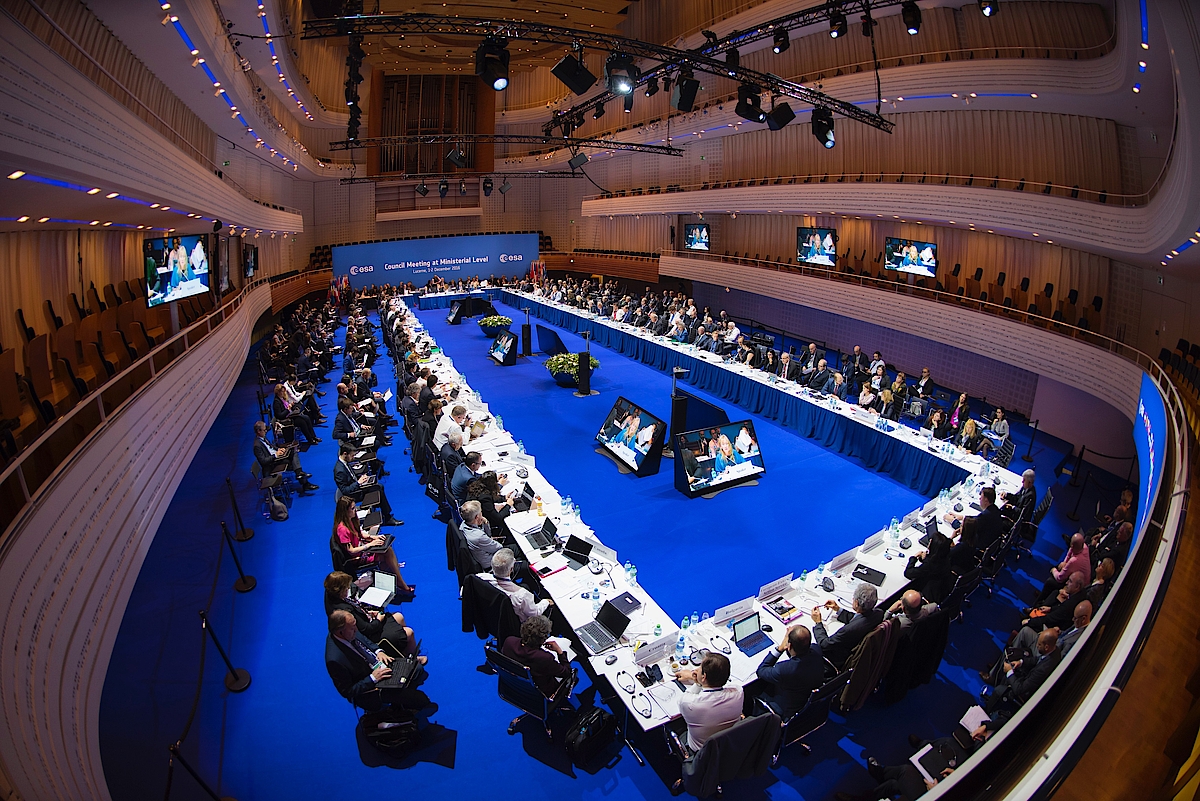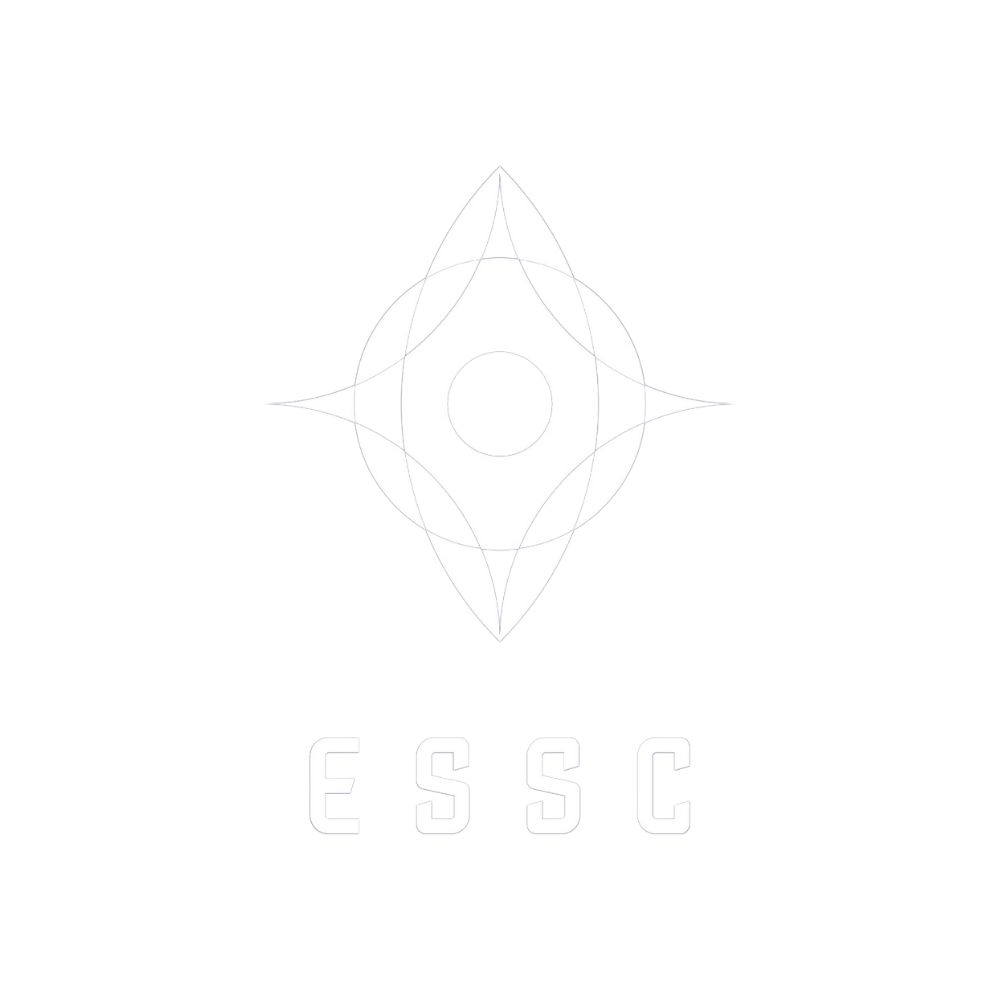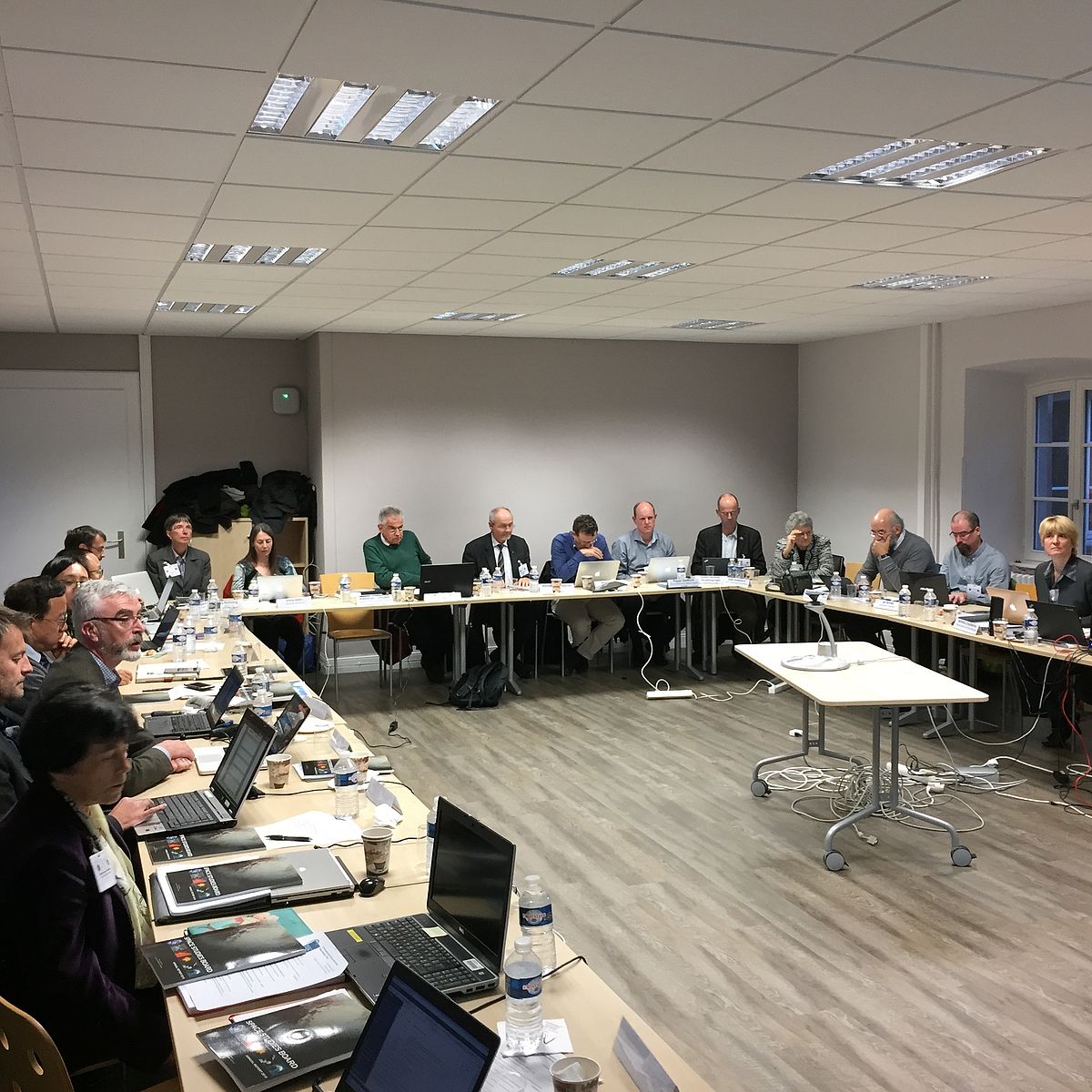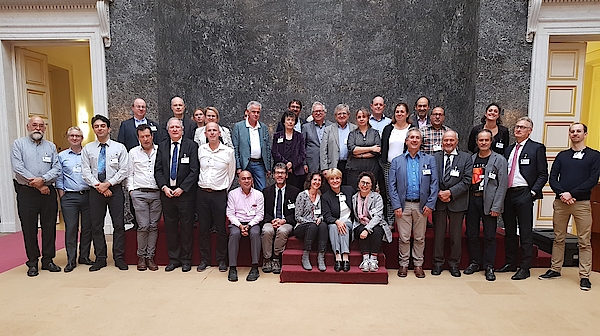IMPACT
ESSC impact
We strive to be Europe’s reference body for independent expertise on matters of space science, acting as a representative voice of the European space science community and promoting international cooperation in the field.

Policy Advice
Providing formal, authoritative and impartial scientific advice to the European Space Agency (ESA), the European Commission (EC), European national space agencies, and other decision-makers in the space domain.
Across Europe
European Space Sciences Committee (ESSC) actively collaborates today with the European Space Agency, the European Commission, national space agencies and national research funding organisations. This unique position gives ESSC a reference name in space sciences within Europe.
ESSC members provide advice and policy foresight on science and technology in Europe to:
- the ESA Director General and Directors
- the ESA Advisory Structure
- the ESA Ministerial Council with an observer role
- the European Commission Directorate General of Industry and Entrepreneurship, Mobility and Transport, Research Innovation and Science
- the National Space Agencies
- the Science Community (via the Science Advisory Committee of the Committee for Space Research –COSPAR / CSAC)
- other international bodies on an ad hoc or permanent basis (e.g. UN-OOSA, OECD)
Internationally
Internationally, ESSC:
- is represented ex officio in most of the European Space Agency (ESA) scientific advisory bodies such as the Advisory Committee for Earth Observation (ACEO), the Human Space flight and Exploration Science Advisory Committee (HESAC) and the Space Science Advisory Committee (SSAC);
- has observer status in ESA’s Council of Ministers of ESA Member States where it participates since 1999, representing the science community therein. The Chair of ESSC has the possibility to deliver statements at these meetings, highlighting the Committee’s recommendations concerning the scientific programmes of ESA;
- maintains close relationships and exchanges with the European Commission / European Union;
- entertains strong permanent relationships with the National Academies’ Space Studies Board in the US, and with the United Nations Office for Outer Space Affairs;
- has strong ties with international organisations such as COSPAR, and with various scientific bodies, sitting at their science advisory committees;
- has developed good relations with corresponding structures and officials such as the Chinese Academy of Sciences and other China’s space science authorities, and with Russian and Japanese scientists and relevant institutions.
ESSC Unique features
Space sciences broad coverage
The structure of the ESSC encompasses various themes from fundamental physics to life sciences and thus reflects the variety of the space-related disciplines in Europe. It provides an asset to space agencies and decision makers by assembling valuable expertise across all these domains (research on, in and from space).
Backward & forward-looking approach
Full knowledge of the past and current landscape (backward-looking) is a necessary step for expressing an independent collective vision (forward-looking) on the future European space and technological research, in connection with national priorities. ESSC and ESF have substantial experience and know-how in ex-post and ex-ante evaluations (e.g. ESA’s ELIPS programme; roadmaps on astrobiology, life in extreme environments, and research disciplines enabling both robotic exploration and human spaceflight).
Independence and quality of the advice
The ESSC is able to provide its Funding Organisations and other stakeholders with documented, competent and unbiased advice on space research issues. Its highly-expert members are appointed ad personam and thus play an independent role of advisors in Europe.
Integrated approach
By representing a unique focal point integrating European national research councils and space agencies’ strategic interest in all domains of space science and technology activities, the ESSC is able to effectively address the coordination between national research councils and academies on the one hand, and ESA, national space agencies and the EC, on the other hand thus leading to an improved coordination between national and European research institutions.



